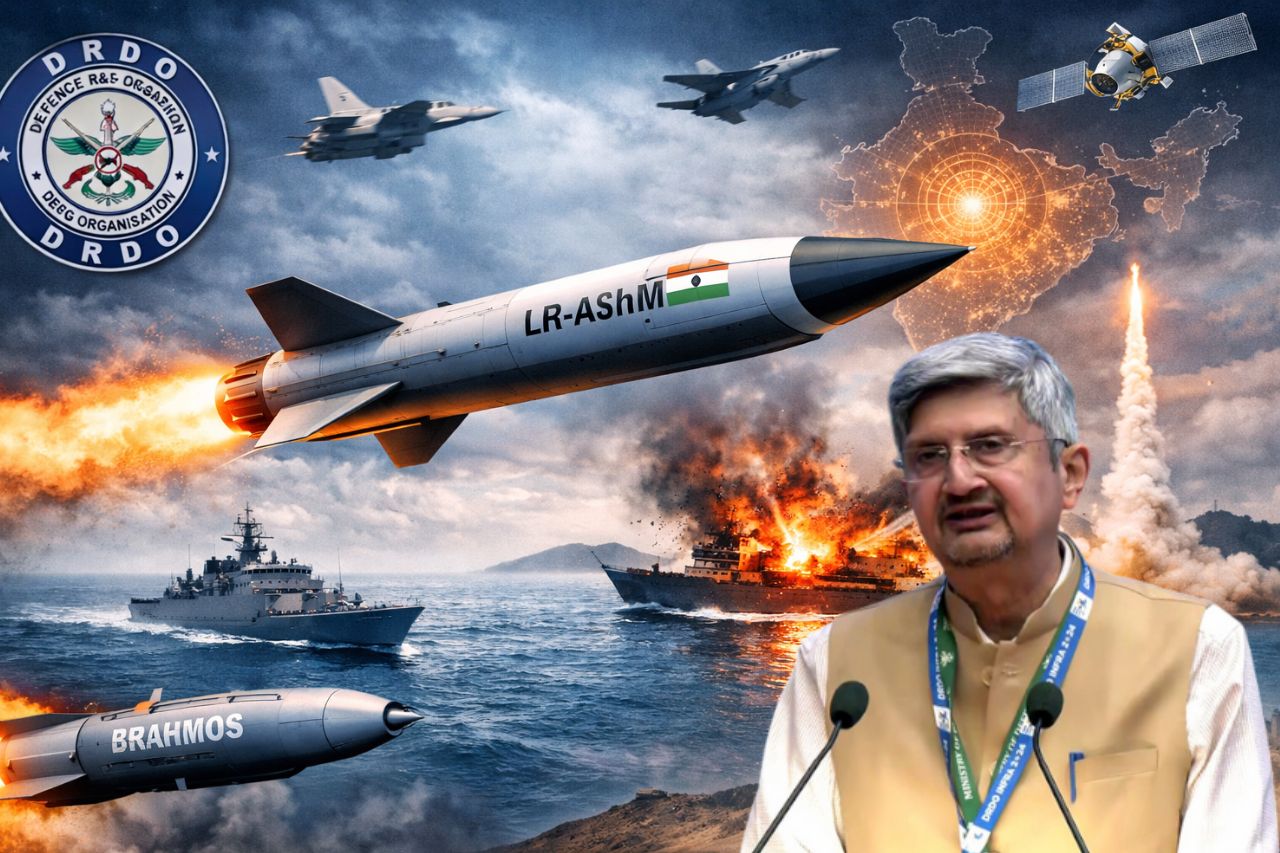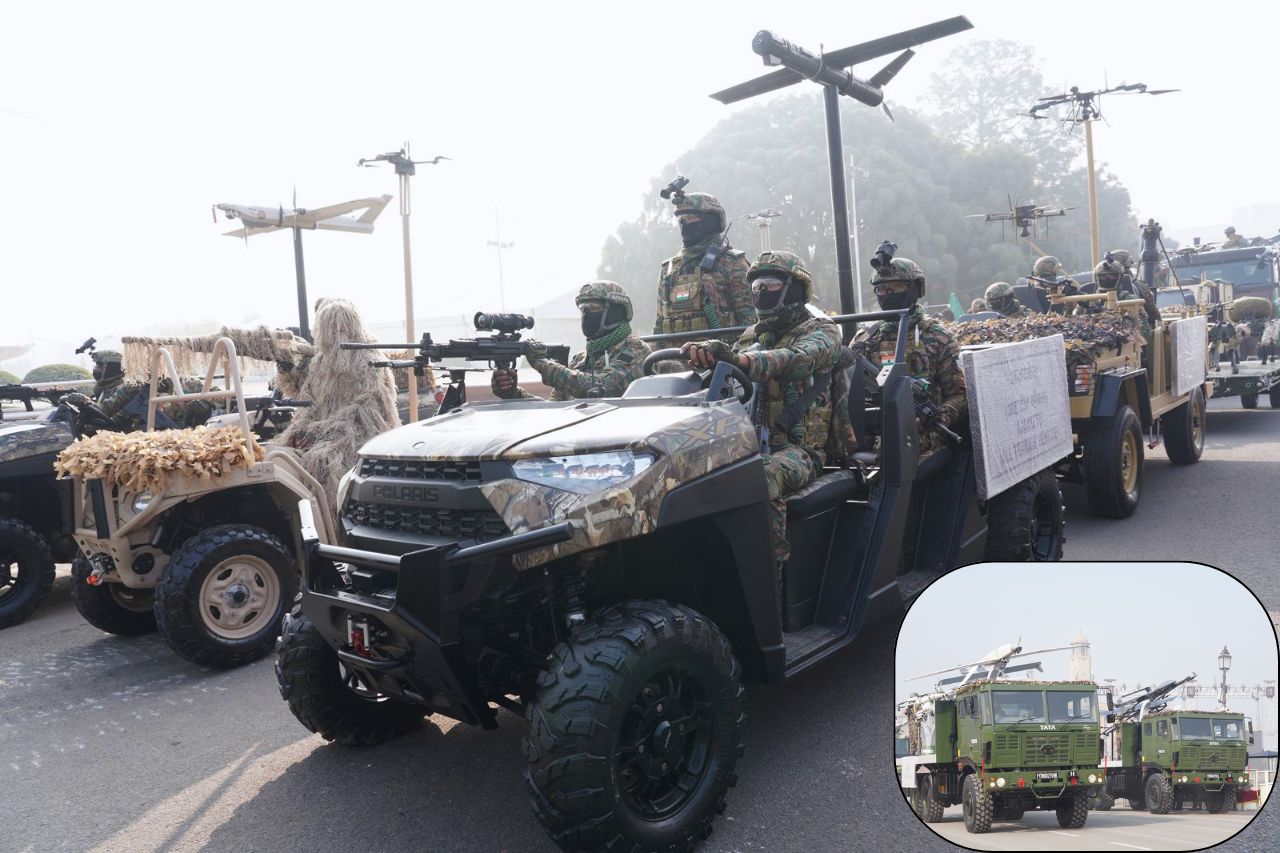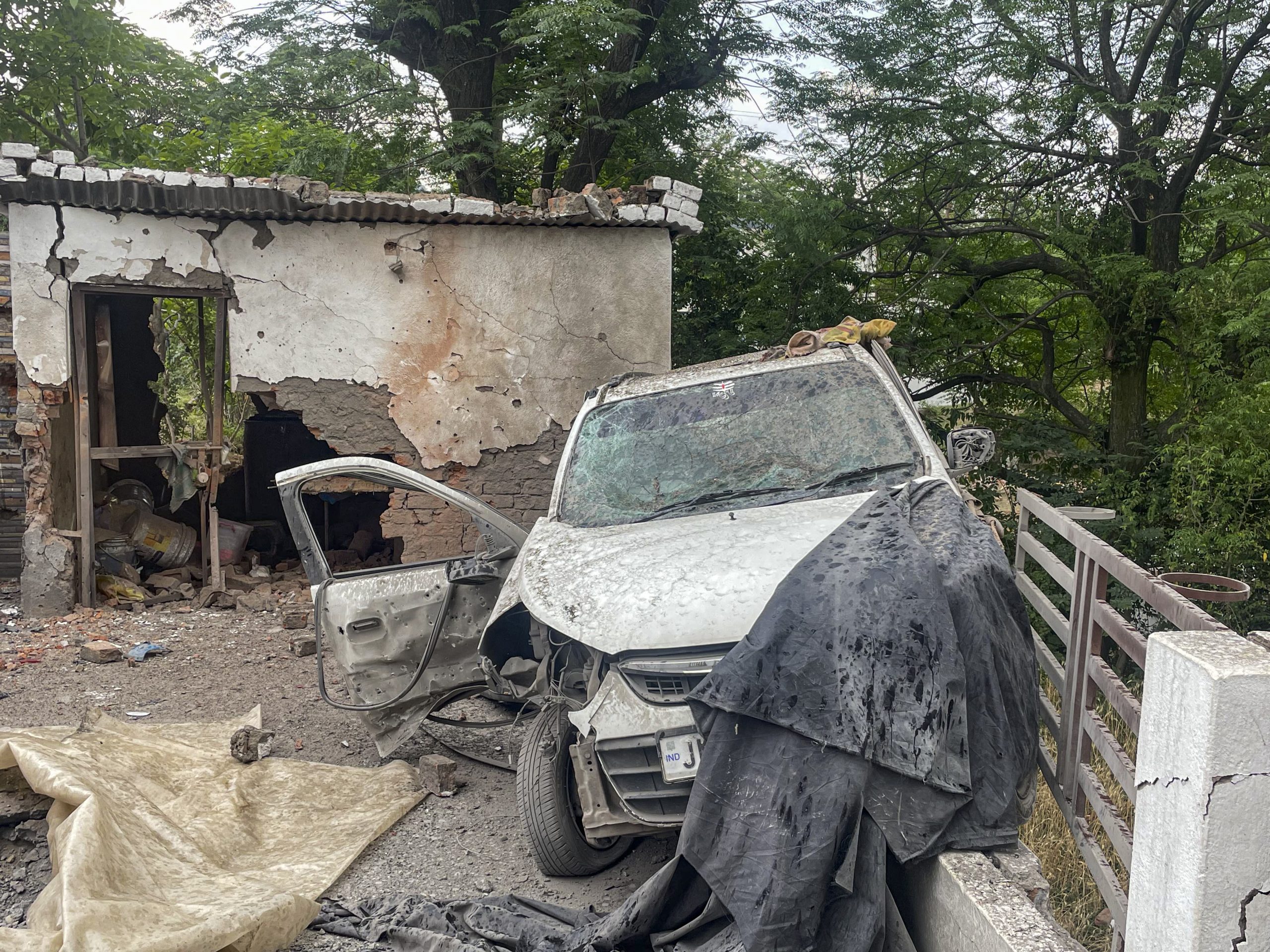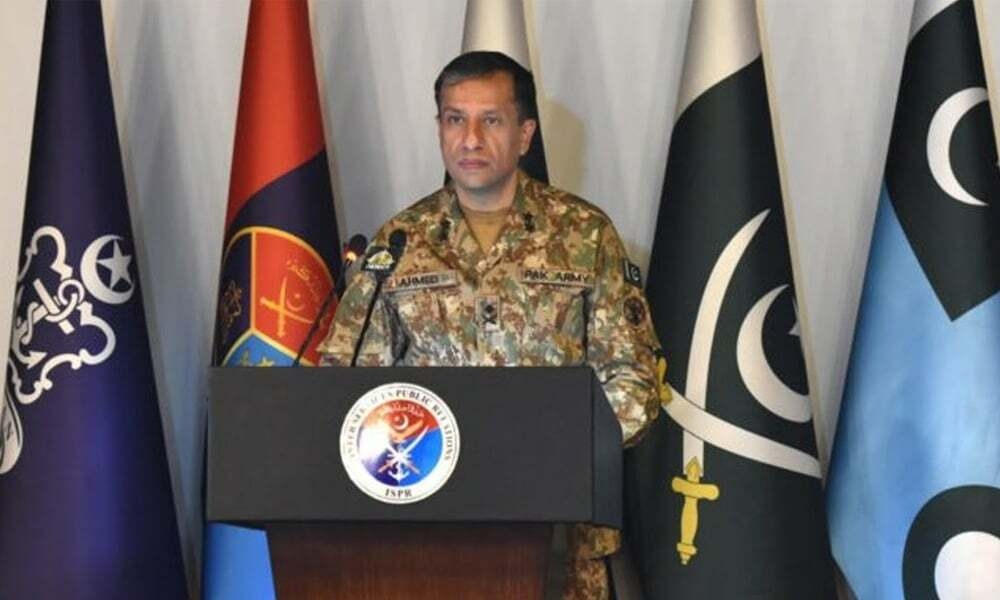This One Threat Ensured No Pakistani Prime Minister Completed a Term, And The Danger Is Still Kicking
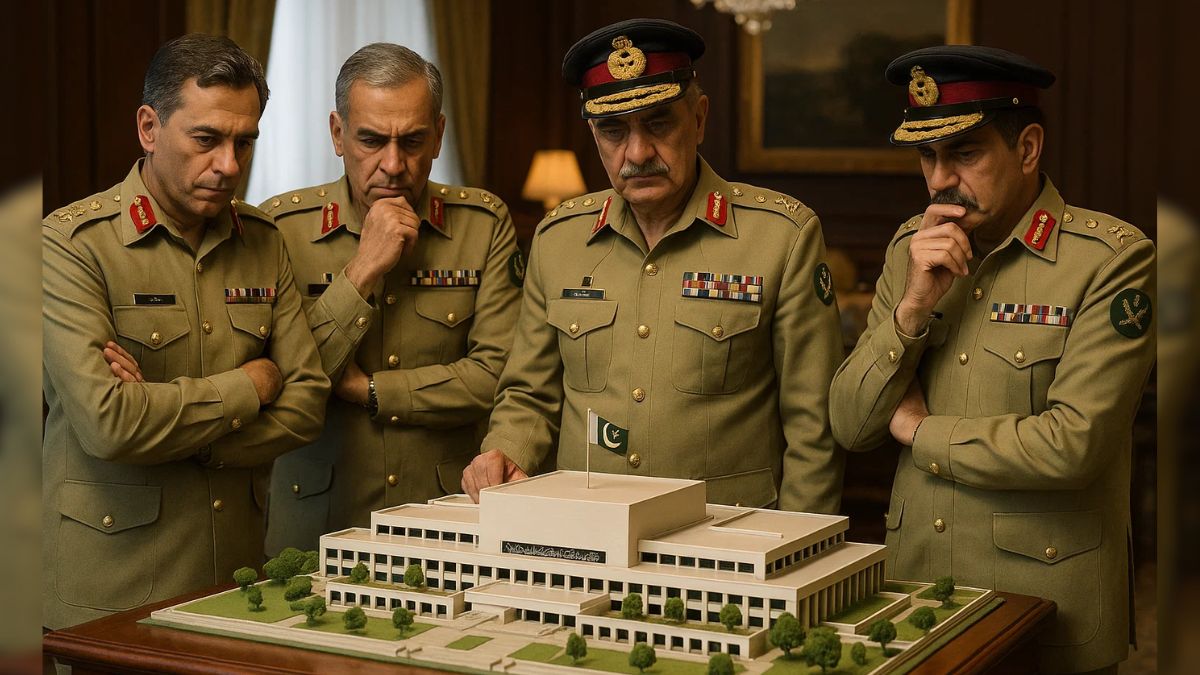
The Pakistani military exerts extensive political control, often becoming an obstacle to real democracy in the country. Image courtesy: AI-generated image via Sora
By the time Imran Khan was ousted in 2022, Pakistan had already established an unmatched record in modern politics: not one of its prime ministers had ever completed a full five-year term in office. Twenty-nine men and women have taken the oath since 1947. Every one of them has left early—some dismissed by presidents, others disqualified by courts, a few overthrown by generals, and many undone by the quiet coercion that defines politics in Pakistan.
The pattern is not accidental. It is the product of a state where the Army, not parliament, sets the limits of power.
Is there a trend of military dominance over Pakistani democracy?
Pakistan’s political calendar reads less like democratic rotation and more like a sequence of managed interruptions. In the seven decades since independence, military leaders have directly ruled the country for nearly half that time. The other half has unfolded under what Pakistanis dryly call “civilian governments”—a label that often disguises military oversight from behind the curtain.
Even when not in uniform at the helm, the generals have maintained a decisive veto. Every prime minister’s rise and fall has been shaped by their alignment—or conflict—with Rawalpindi, the Army’s headquarters. Ayub Khan’s coup in 1958 set the precedent, Zia-ul-Haq’s takeover in 1977 entrenched it, and Pervez Musharraf’s coup in 1999 perfected it for the modern age.
Under this arrangement, politicians can win elections, but not independence. Each civilian government rules under an invisible contract: stay within boundaries drawn by the military, or risk removal. Those who test the limits—Zulfikar Ali Bhutto, Nawaz Sharif, Imran Khan—learn that popularity is no shield against an institution that sees itself as the state’s guardian, not its servant.
Does the “Army is more competent” argument stand ground?
The Army’s defenders have long argued that politicians bring down their own governments through corruption, infighting, or incompetence. There is truth in some of that, but it misses the point. Civilian failure in Pakistan is rarely organic; it is cultivated in a system designed to keep politicians weak and dependent.
The military’s reach into governance runs deep—through intelligence agencies that monitor political alliances, media networks that shape public sentiment, and bureaucracies that obey military guidance more readily than civilian orders. When a prime minister falls out of favour, the machinery that once supported him simply turns. Allies defect, investigations appear, television anchors discover their outrage, and the courts, ever attuned to the shifting winds, find cause to intervene. The process looks constitutional, but the outcome is foreordained.
This quiet choreography has replaced the old-style coups of the past. Pakistan no longer needs martial law; it has “managed democracy,” where the script is written elsewhere.
What’s behind the claims of Pakistan’s hybrid system?
The Musharraf era introduced the hybrid template—a civilian façade with military scaffolding. It has endured because it suits all parties involved. The generals avoid international scrutiny for overt dictatorship, while civilian politicians get to occupy office without real autonomy. The 2018 election that brought Imran Khan to power was widely seen as engineered to produce precisely such a government: elected, but compliant.
When Khan later clashed with the generals over appointments and foreign policy, his parliamentary coalition disintegrated almost overnight. The no-confidence vote that removed him was constitutional in form, but unmistakably coordinated in substance. By 2023, his party had been dismantled, his aides imprisoned, and his speeches banned from air. The Army, having briefly stepped back, had stepped forward again—now in a more entrenched form, working hand-in-glove with a compliant civilian administration.
Is Pakistan’s democracy on borrowed time?
The deeper cost of this arrangement is institutional decay. Each cycle of intervention—whether overt or subtle—prevents the natural evolution of Pakistan’s democracy. Political parties fail to mature when leadership transitions are orchestrated rather than earned. Voters lose faith in the ballot when outcomes appear predetermined. Courts, instead of checking power, become instruments of it.
The result is a political culture where everyone anticipates interference. Prime ministers govern as if on probation; opposition leaders campaign as if negotiating terms with unseen arbiters. Even moments of public optimism—like the transitions of 2008 or 2013—fade under the weight of recurring manipulation.
The enduring threat
The Pakistani military’s self-image as a stabilising force has paradoxically created the instability it claims to prevent. Every time the generals intervene, they reaffirm the notion that elected leaders are expendable. That belief has hollowed out governance and turned politics into a performance—one staged under the watch of those who never face the ballot.
